Team of Poderosxs
LPMP’s innovative curriculum engages students’ desire to transform their communities through storytelling. With over twenty art schools in Argentina, Chile, the Dominican Republic, Ecuador, Panama, and the United States, participants of these interventions have produced short films, ethnographic documentaries, photo essays, news reports, graffiti interventions, theater plays, and scripts.
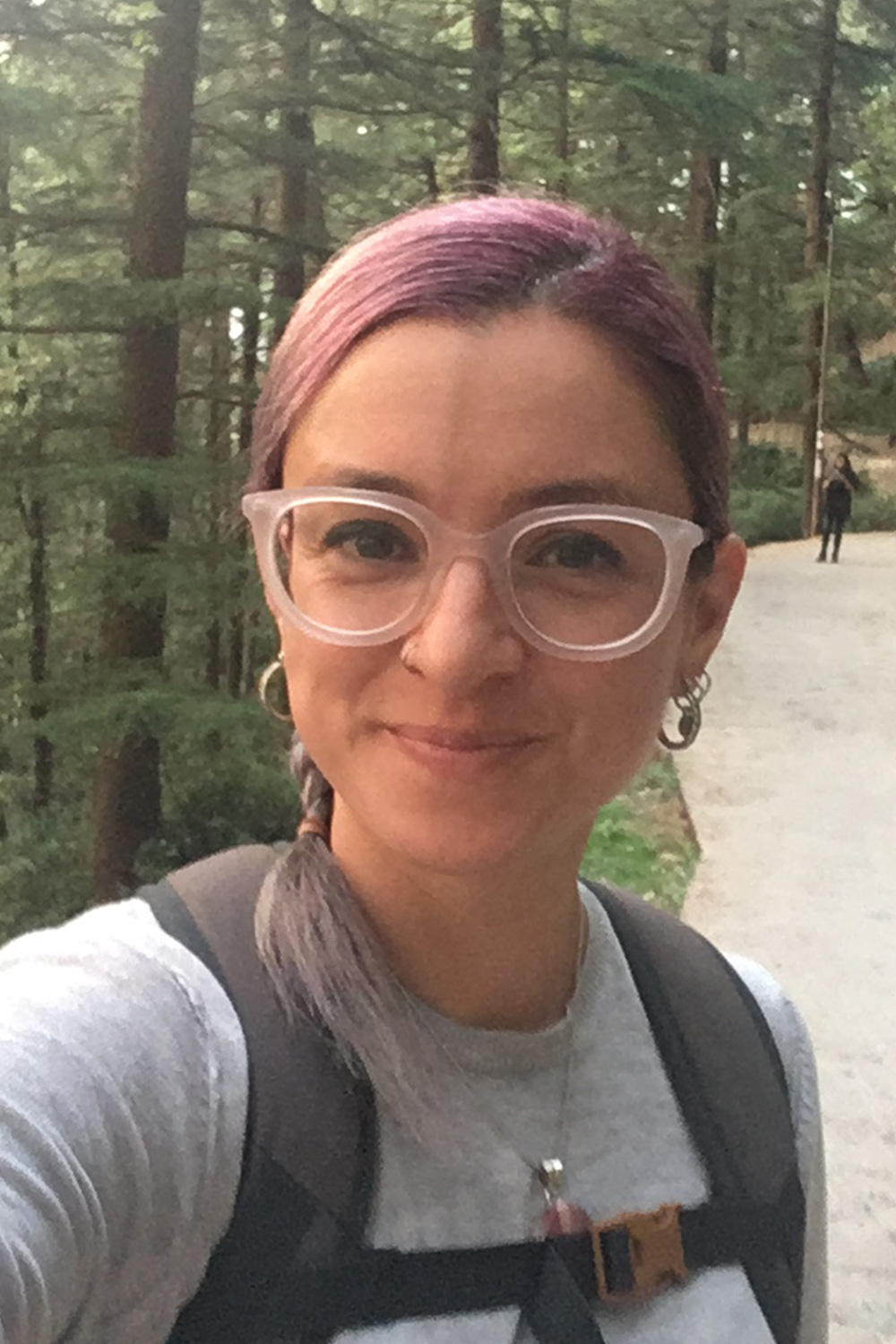
Alejandra Zambrano
Alejandra Zambrano is Associate Professor of Literature and Creative Writing in the Department of Social Sciences and Humanities at Universidad San Francisco de Quito (USFQ). She is interested in Latin American literatures and cultures, focusing her research on community-based arts pedagogies, the representation of Liberalism in Nineteenth-Century Andean literature, and the history of Ecuadorian children’s Literature. In 2005, she founded La Poderosa Media Project. She has overseen the completion of more twenty projects in Argentina, Chile, Ecuador, Panamá, the Dominican Republic, and the United States. Her work has received recognition from the Dell Social Innovation Challenge, the Ecuadorian Secretary of Culture, the Ecuadorian National Film Council, Cine Las Americas Film Festival, the Center for Work and Service at Wellesley College, the Volunteer and Service Learning Center at The University of Texas, and The Huffington Post. A native of Ecuador, she studied at Wellesley College and The University of Texas at Austin, where she earned her M.A. and Ph.D. in Latin American Literature and also completed a portfolio in Nonprofit Studies.
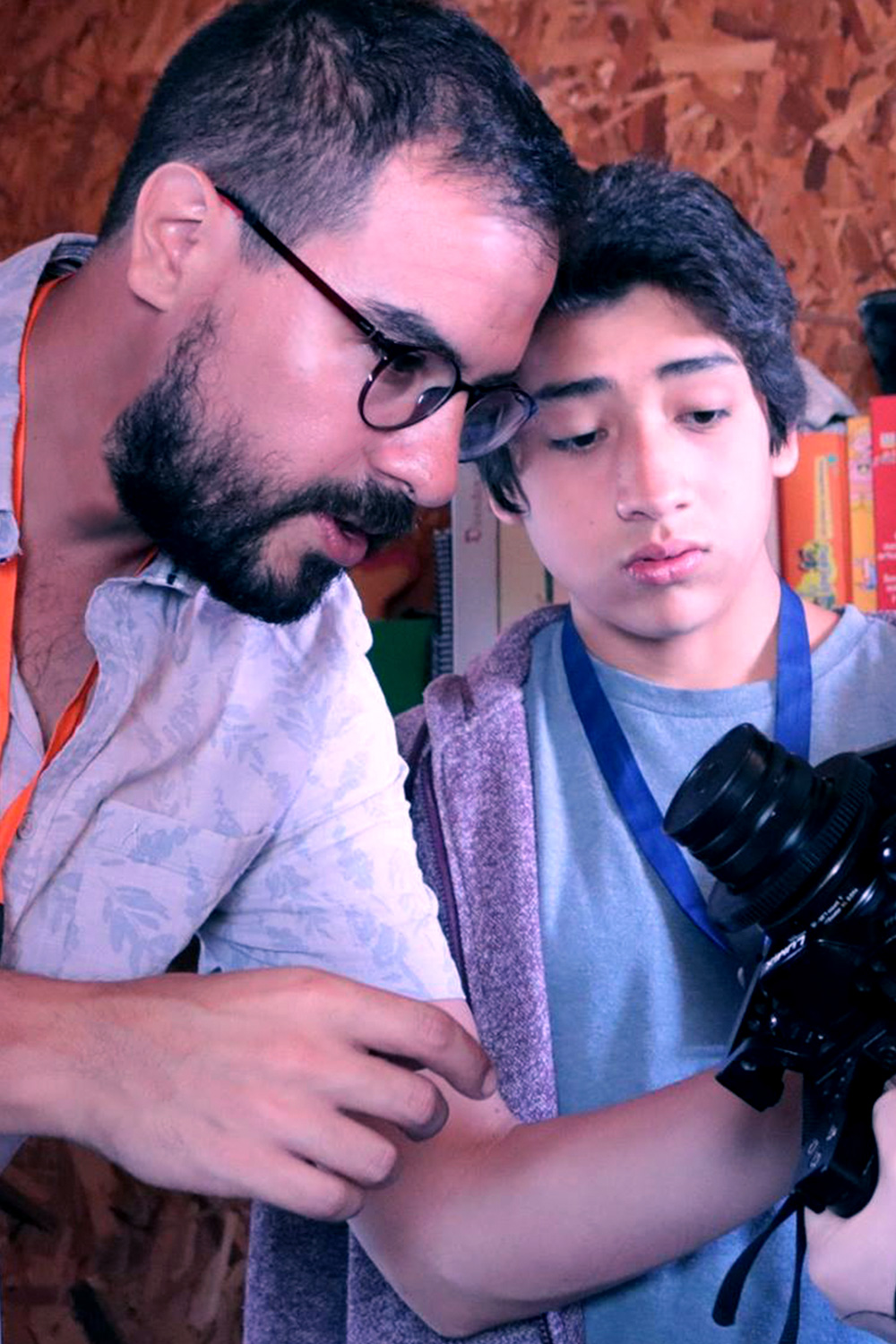
Nicolás Schvarzberg
Nicolás Schvarzberg is a filmmaker from Universidad del Cine in Argentina and has a Master’s Degree in Visual Anthropology from FLACSO-Ecuador. He is interested in exploring the self-representation of children and youth and new ways to analyze and represent cultural heritage. For over ten years, he has worked in social-impact oriented projects in different Latin American territories developing artistic methodologies in the shape of workshops, seminars, and residences. His work aims to facilitate individual and collective processes of development, boosting critical thinking, promoting empathy, creativity, and expressiveness through storytelling. Throughout his experience, he has lived and worked in many countries and varied geographies with children and youth in diverse contexts of high vulnerability such as post-earthquake disaster, socio-environmental conflicts, and migration. Nicolás is a videographer with over thirteen years of experience, specializing in documentary and video for nonprofit organizations. He has been the film instructor of La Poderosa Media Project since 2013 and also collaborates with Ojo de Pescado, a Chilean nonprofit action platform, and Laboratorio de Ciudadanía Digital, from Mexico.
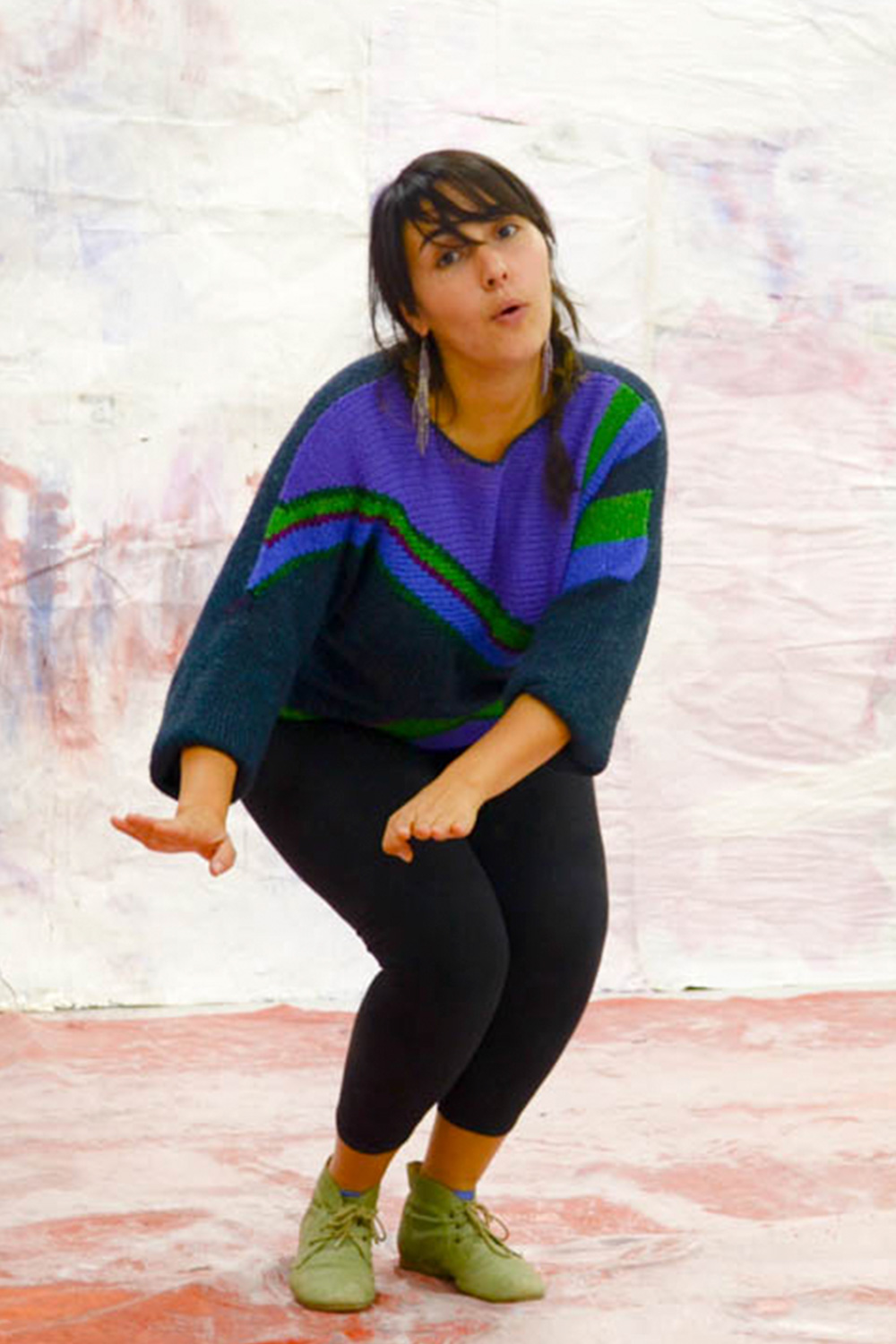
Gabriela Espinosa
Gabriela Espinosa es creadora interdisciplinaria e intérprete de las artes escénicas, y ejerce como artista educadora y gestora cultural en Chile y Latinoamérica. Su práctica creativa incluye expresiones del teatro, de la performance, de las danzas afrolatinoamericanas, del canto y de las artes multimediales. Ha desarrollado una carrera creativa y artivista vinculada a temáticas y acciones socio-políticas. Se titula en Teatro en la Universidad Católica de Chile para luego especializarse en espacio público, pedagogía del oprimido, política y performance, artes aplicadas a la educación y gestión cultural comunitaria. Ha recibido becas para especializarse en diferentes países en seminarios y workshops vinculados al arte aplicado en las Américas. Actualmente ejerce su práctica en el norte de Chile trabajando en proyectos que vinculan arte y educación, colaborando con movimientos feministas y organizaciones afrodescendientes y es la actual profesora de Teatro del único Liceo Artístico de la Región de Arica y Parinacota; es actriz del Colectivo de Artes “La Migra Teatro”, Asistente en Dirección Escénica de la agrupación de danza y música afroariqueña “Sabor Moreno” y encargada del área creativa de la ONG Madre Nativa. Trabaja con “La Poderosa Media Project” desde el año 2012 en docencia, gestión de programas e innovación pedagógica.
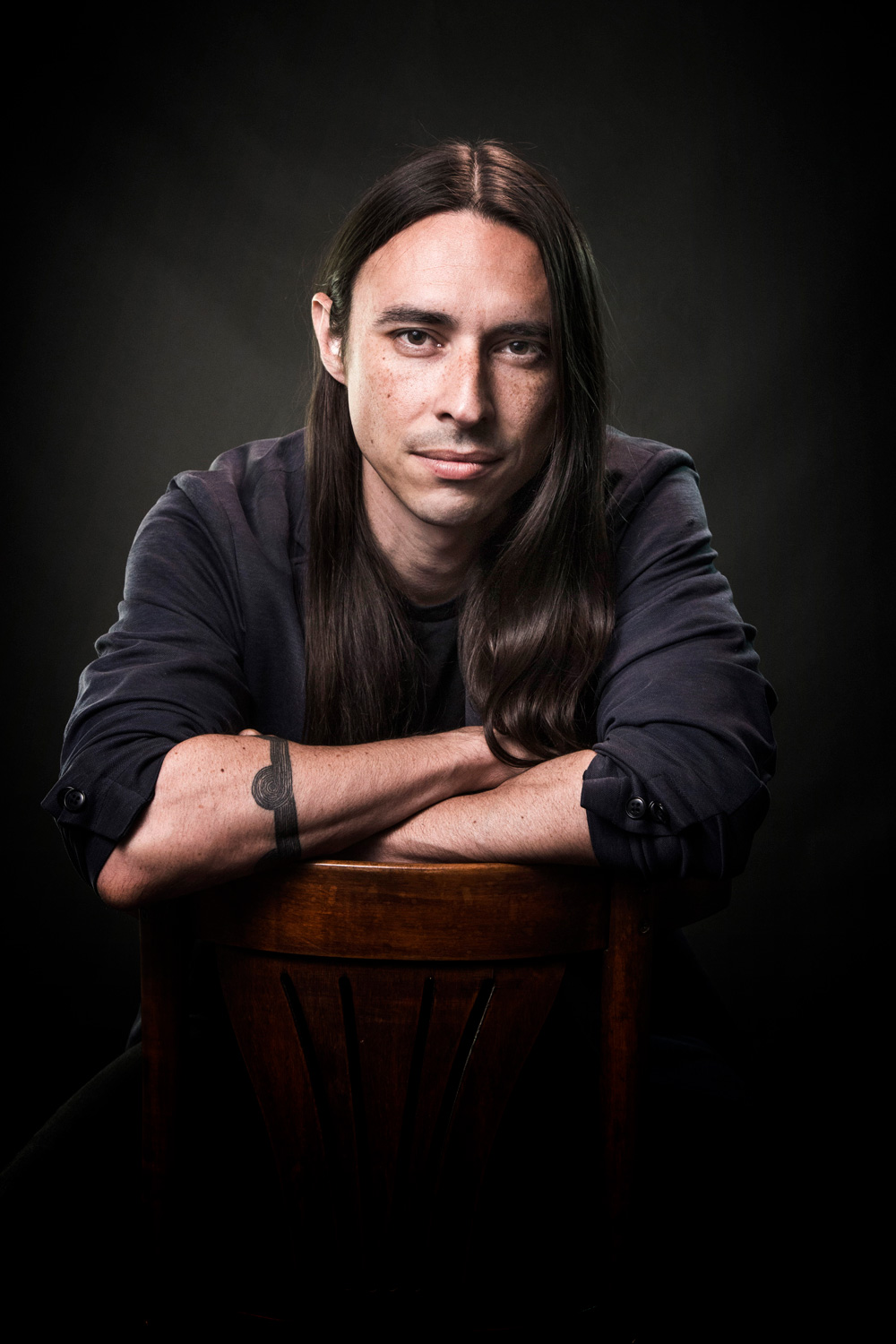
Joseph Pierce
Joseph Pierce is Associate Professor in the Department of Hispanic Languages and Literature at Stony Brook University. His research focuses on the intersections of kinship, gender, sexuality, and race in Latin America, 19th century literature and culture, queer studies, Indigenous studies, and hemispheric approaches to citizenship and belonging. He is the author of Argentine Intimacies: Queer Kinship in an Age of Splendor, 1890-1910 (SUNY Press, 2019) and co-editor of Políticas del amor: Derechos sexuales y escrituras disidentes en el Cono Sur (Cuarto Propio, 2018) as well as the forthcoming special issue of GLQ, “Queer/Cuir Américas: Translation, Decoloniality, and the Incommensurable.” His work has been published recently in Revista Hispánica Moderna, Critical Ethnic Studies, Latin American Research Review, and The Art Newspaper, and has also been featured in Indian Country Today. Along with SJ Norman (Koori, Wiradjuri) he is co-curator of the performance series Knowledge of Wounds. Since 2009, he has served as Communications Director for La Poderosa Media Project. He is a citizen of the Cherokee Nation.
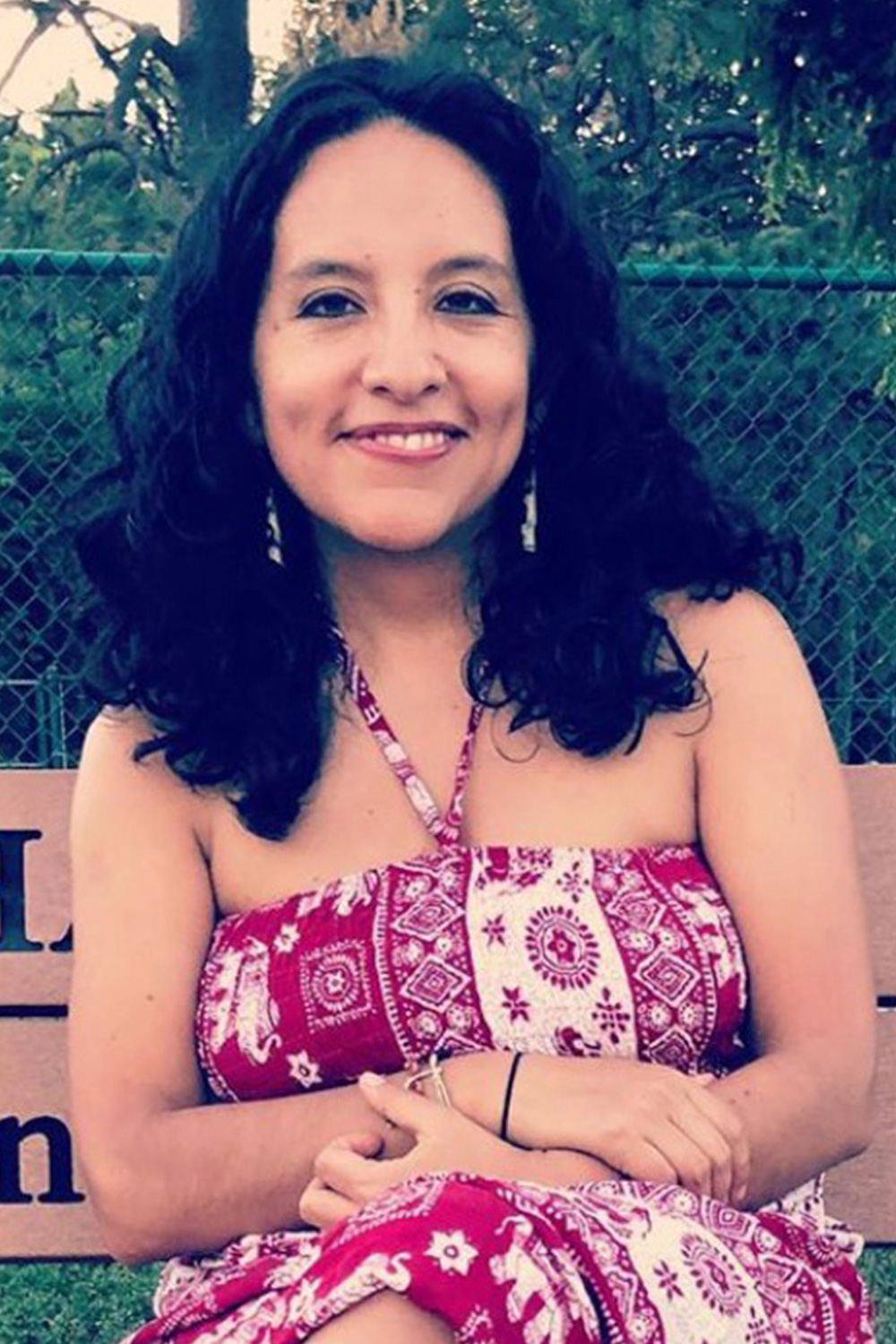
Pilar Egüez Guevara
Pilar Egüez Guevara is an Ecuadorian cultural anthropologist, writer and filmmaker who specializes in food, culture, conflict and health. She holds a PhD in cultural anthropology from the University of Illinois at Urbana Champaign. She has worked directly with communities for over 15 years on research and community-based projects in Argentina, Cuba, Ecuador, and the United States. Her most recent work has focused on amplifying the voices of older men and women who are the bearers of traditional knowledge surrounding food and medicine in the coast of Ecuador. In 2012, she co-founded and currently directs Comidas que Curan, an independent education initiative and film distributor dedicated to research and promote traditional foods and knowledge through ethnography and film. She most recently directed and produced Raspando coco (Scraping Coconuts) an award-winning documentary about the culinary and medicinal traditions of Afro-Ecuadorians. She is also a certified conflict mediator, coach and teaches non-violent communication internationally.
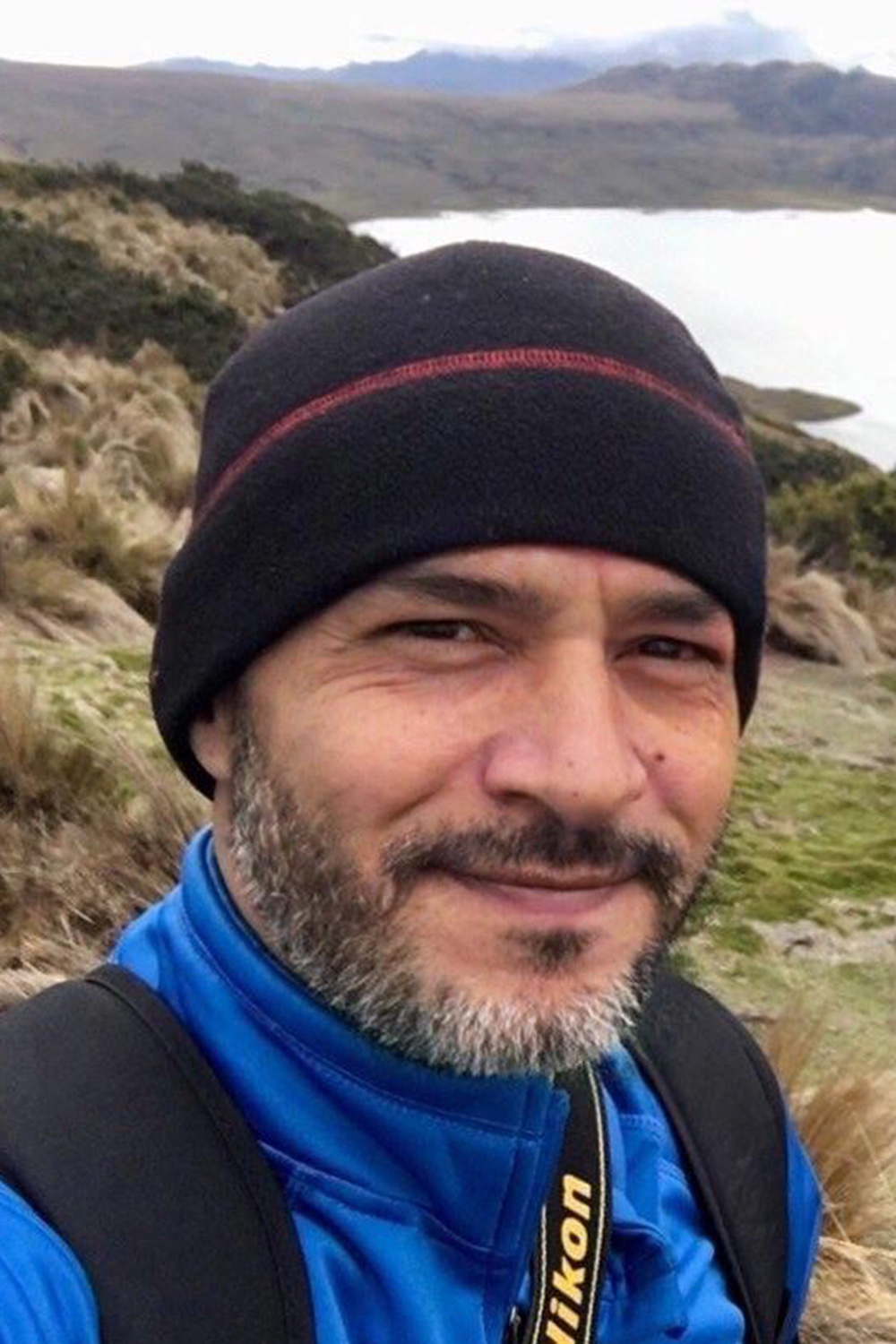
Diego Mosquera
Diego Mosquera is an ecologist and wildlife photographer from Universidad San Francisco de Quito (USFQ) where he earned a Master’s degree in Geographic Information Systems. He has worked in different protected areas of Ecuador and, since 2005, works at Tiputini Biodiversity Station (TBS), a biological field station located within Yasuní National Park. At Tiputini, Diego leads the “Proyecto Cámaras”, a long-term non-invasive monitoring program using camera traps to determine occurrence, distribution, and relative abundance of large terrestrial mammals and birds in Yasuni’s lowland rainforest. He is particularly interested in the ecology, diversity, and behavior of mammals —especially felids like jaguars and ocelots— and in the relationships that influence the composition of animal communities. Diego has used the camera trap footage to write scientific publications demonstrating the incredible biodiversity of the Amazon region. He is frequently interviewed about his research and has been featured in VICE’s “Humans of the Year” series about the people building a better future for everyone. Diego also has embraced drone technology, exploring applications for ecological awareness and conservation.
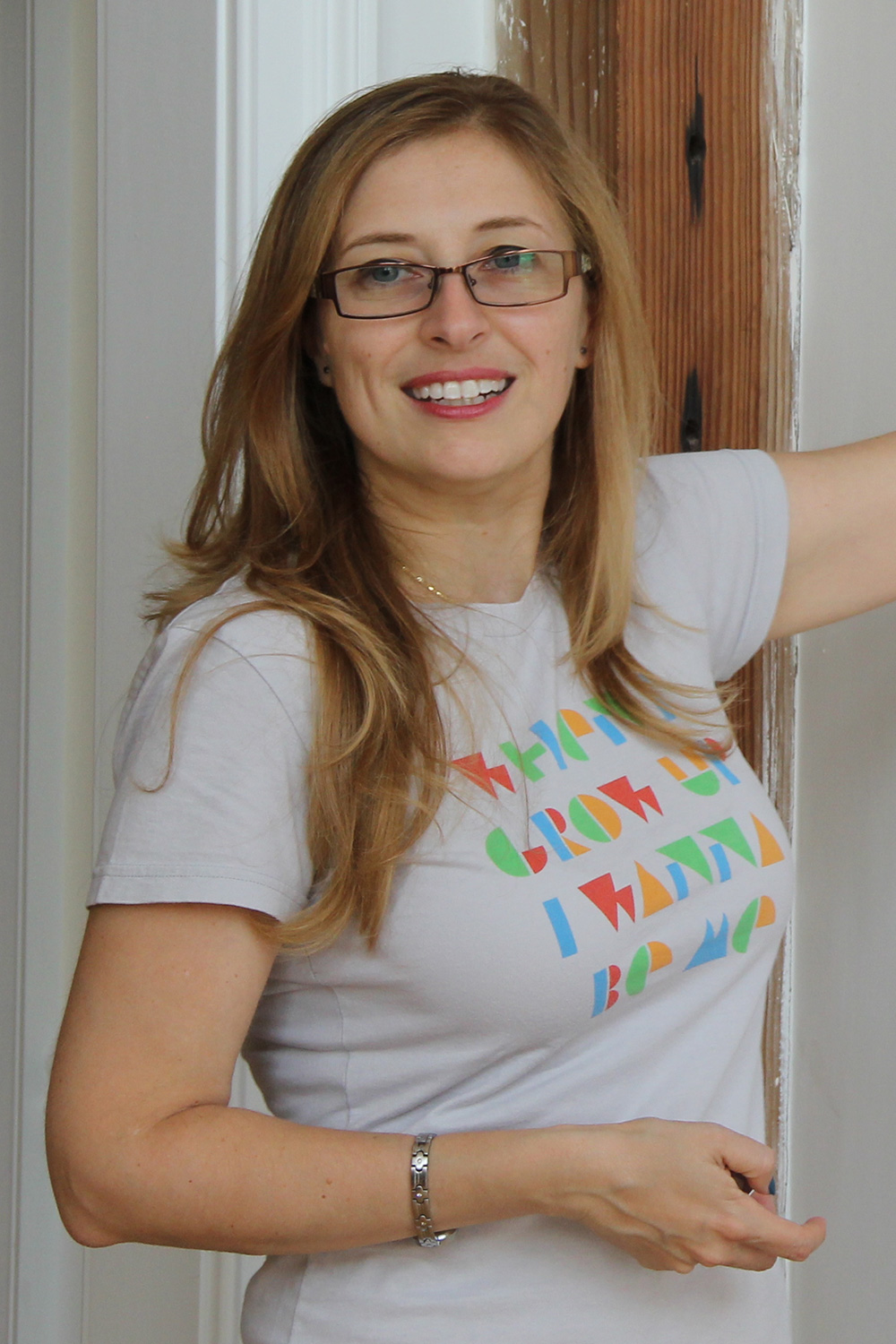
Natacha Poggio
Natacha Poggio is a social impact design educator at the University of Houston-Downtown, in the United States, where she hopes to inspire more socially responsible citizens in the world. A TEDx speaker and presenter at international conferences, Natacha travels the globe advocating the value of design for social change. In 2008, Natacha founded Design Global Change — a collaborative of creatives contributing solutions to the challenges facing society. With two decades of professional practice, Natacha focuses on designing human-centered solutions to address problems in global health, sustainability, and social justice. Her work has reached hundreds of communities in Latin America, Africa, and Asia, and also has garnered recognition, most notably as a two-time recipient of the Sappi “Ideas that Matter” award. Since 2011, she has been on the Winterhouse Institute Advisory Council (working on the teaching and practice of social innovation design in higher education). Natacha also shares her passion for design judging competitions; contributing to books and publications on social impact design, global health, and sustainability. A citizen of the world, Natacha is originally from Buenos Aires, Argentina.

